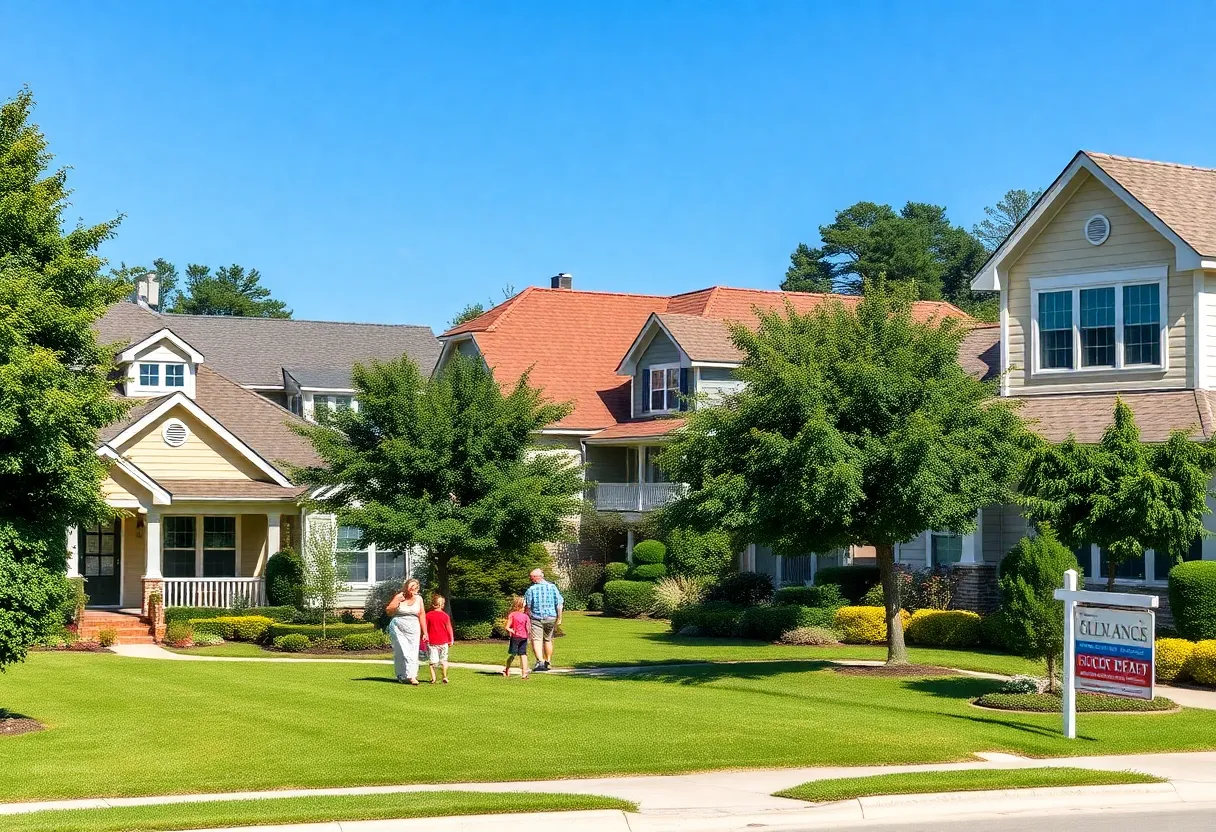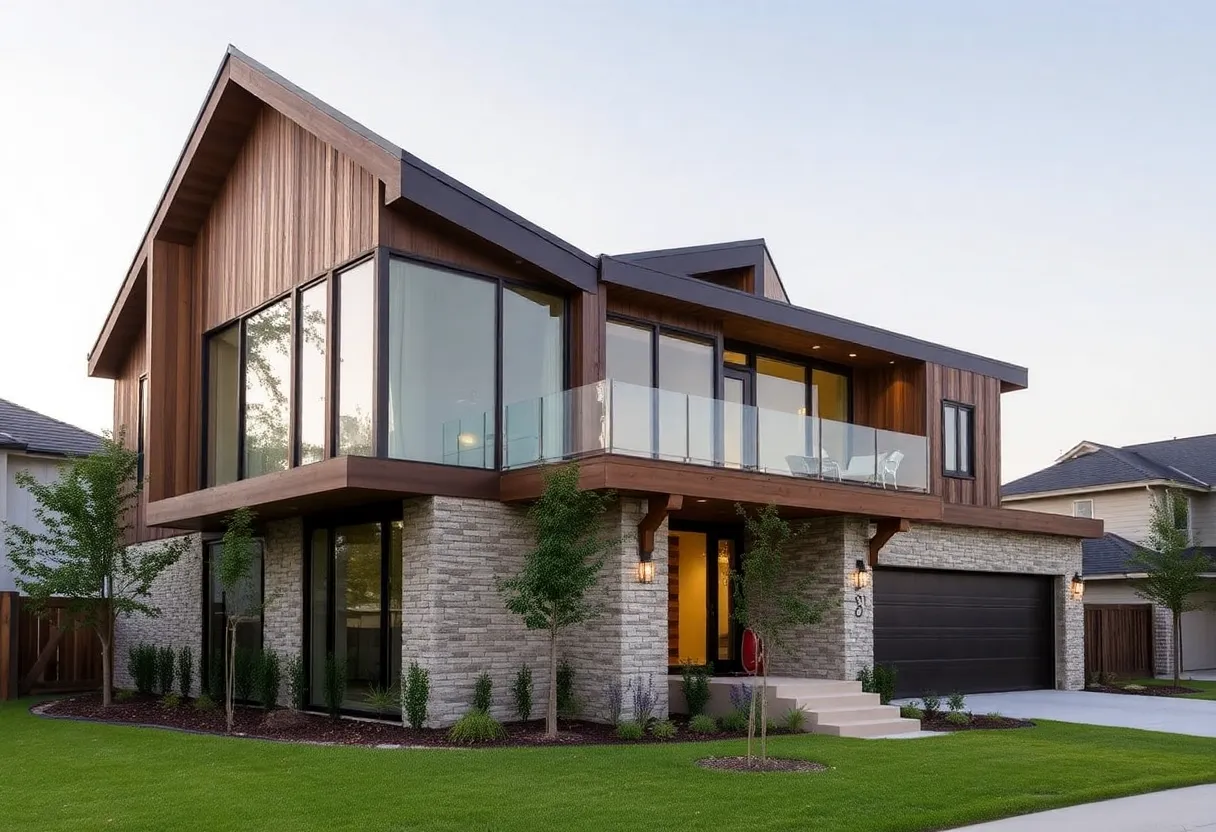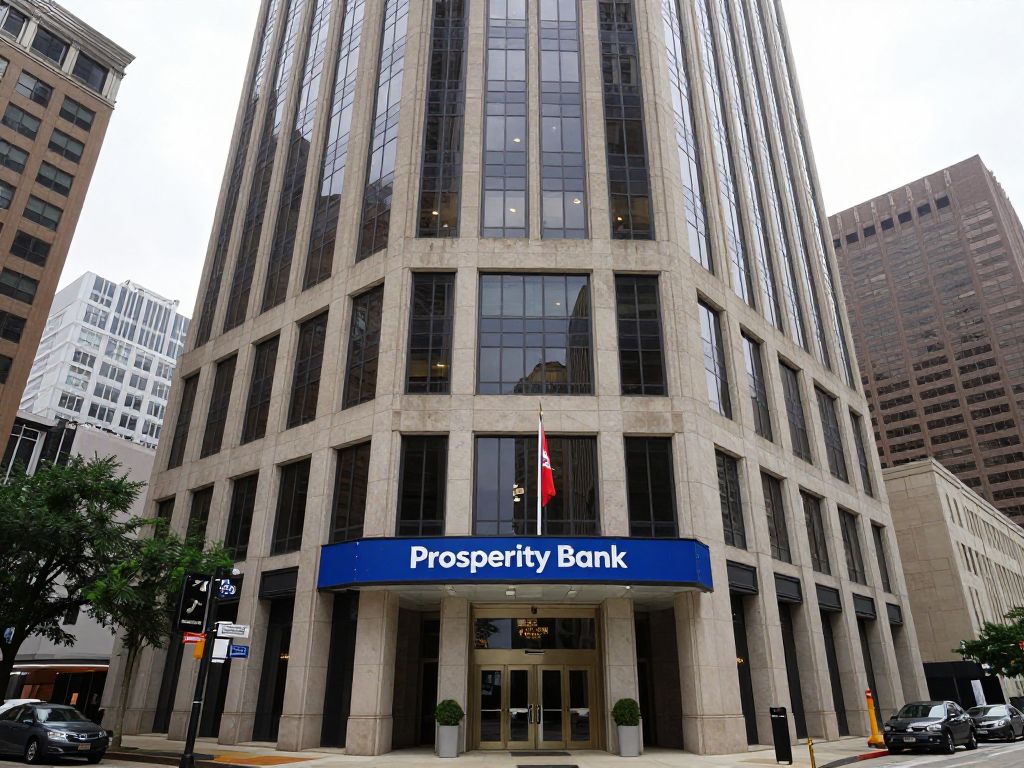10 Essential Tips for Evaluating Houston Neighborhoods Before Investing in Your First Home
Investing in your first home in Houston requires careful evaluation of potential neighborhoods. Each community offers distinct advantages and challenges, and the right choice depends on multiple factors. Applying a structured approach ensures your investment aligns with your financial goals and lifestyle needs. Here are ten critical tips to guide your assessment process effectively.
1. Assess Affordability and Home Prices
Understanding the current median home prices is fundamental. As of mid-2025, Houston’s overall median home price for single-family residences is approximately $339,000, reflecting a slight decrease from the previous year. However, prices vary widely across neighborhoods. Luxury districts like River Oaks have median prices approaching $1.8 million, whereas suburban communities such as Katy and Cypress offer more accessible options, with median prices around $390,000 and $420,000 respectively.
This variability affects purchasing potential and future appreciation. Set a realistic budget based on your income, savings, and financing options. Recognize that affordability isn’t just about the initial price but also about ongoing costs like property taxes, HOA fees, and maintenance expenses.
2. Evaluate Inventory Levels and Market Competition
Housing inventory levels directly influence market dynamics. A higher inventory indicates more choices for buyers and often suggests a more balanced or buyer-favorable market. Recent data show active listings in Houston at approximately 40,000, representing a 38% increase over the prior year. This trend favors buyers, offering opportunities to negotiate terms.
However, not all neighborhoods are equal. High-demand areas such as The Heights or West University Place tend to maintain lower inventory due to limited land and zoning restrictions. These neighborhoods often experience stiff competition, elevating prices and reducing negotiation leverage.
Understanding market competition allows you to strategize—whether to act swiftly when your ideal property appears or to wait for a more favorable window.
3. Investigate Neighborhood Safety and Crime Rates
Safety is a cornerstone in neighborhood evaluation. High crime rates can diminish quality of life and devalue property investments. Use local crime reports and police statistics to identify trends. Engage with residents or visit at different times and days to gauge real-world conditions.
Consider factors such as street lighting, community policing efforts, and neighborhood watch programs. Prioritize areas with consistent safety records and proactive community engagement, particularly if you plan to settle long-term or have young children.
4. Examine School Quality and Educational Facilities
For families and future-proofing your investment, school quality matters significantly. Houston is served by various districts, including HISD, CFISD, and KISD. Review school ratings, extracurricular programs, and proximity to educational centers.
High-rated schools tend to increase property values and appeal to buyers, especially families. Assess whether schools have special programs or facilities that meet your children’s needs, and consider how close the neighborhood is to these institutions.
5. Analyze Employment Opportunities and Economic Stability
A neighborhood’s economic health influences property value stability and growth potential. Houston’s economy is diverse, with dominant sectors such as healthcare, energy, aerospace, and technology. Proximity to employment hubs like the Texas Medical Center or the Energy Corridor enhances convenience and can boost property appreciation over time.
Monitor local employment rates, job growth trends, and economic development projects. Areas with expanding employment opportunities are likely to experience long-term stability and rising property values.
6. Assess Transportation and Commute Times
Transportation infrastructure impacts daily life and property appeal. Houston’s extensive freeway system includes I-10, I-45, and I-610, offering connectivity but often with significant congestion during peak hours.
Evaluate public transportation options, including METRO bus and rail services, especially if commuting or traffic is a concern. Neighborhoods with walkable* amenities or easy access to transit stations can significantly reduce commute stress and enhance quality of life.
7. Investigate Future Development and Growth Plans
Understanding future development projects provides insight into how neighborhoods might evolve. Houston’s rapid growth includes new construction, commercial developments, and infrastructure improvements.
Review city planning documents, zoning regulations, and upcoming community projects. Areas with planned enhancements—such as new parks, schools, or transportation nodes—can appreciate more quickly, making them attractive options for first-time buyers.
8. Evaluate Local Amenities and Community Services
Access to amenities enhances daily living and neighborhood desirability. Green spaces, parks, shopping centers, healthcare facilities, and recreational options contribute significantly to lifestyle quality.
For instance, communities like Kingwood, known as “The Livable Forest,” boast extensive green spaces and active community centers. Prioritize neighborhoods that align with your lifestyle preferences, whether that includes outdoor activities, dining options, or healthcare access.
9. Research Property Taxes and Homeowners Association (HOA) Fees
Total ownership costs extend beyond the house price. Property tax rates vary by neighborhood, sometimes significantly affecting monthly expenses. Houston’s tax rates are competitive but vary depending on municipal and district levies.
Some communities also have HOA fees, which cover services like security, landscape maintenance, and community events. Evaluate whether these expenses are consistent with your budget and whether they add value to your living experience.
10. Engage with Local Real Estate Professionals
A knowledgeable real estate agent can offer crucial market insights and negotiate on your behalf. Their expertise helps navigate Houston’s complex market terrain, identify ideal neighborhoods, and secure favorable terms.
Choose agents experienced in the Houston market, familiar with neighborhood nuances, and willing to understand your goals. Their guidance can save time, reduce stress, and potentially increase the value of your investment.
Frequently Asked Questions (FAQ)
What are the most affordable neighborhoods in Houston for first-time homebuyers?
Katy and Cypress stand out for affordability, with median prices around $390,000 and $420,000. These communities offer good amenities and family-friendly environments, making them attractive options for first-time buyers.
How can I assess the safety of a Houston neighborhood?
Use local crime reports and police statistics to identify safety trends. Engage with community members or visit the neighborhood at different times to assess real-world conditions and community involvement.
What are the property tax rates in Houston?
Property tax rates differ across Houston neighborhoods. They are influenced by municipal, school, and district taxes. Research specific local rates to understand their impact on your overall housing costs.
How do I find a reputable real estate agent in Houston?
Seek recommendations from trusted sources, review client testimonials, and interview agents to find those with extensive Houston market experience and a client-focused approach.
What resources are best for researching Houston neighborhoods?
Utilize online housing market data, local government planning offices, community forums, and neighborhood-specific research tools to gain comprehensive insights into potential areas.
Key Features of Houston Neighborhoods at a Glance
| Feature | Affordability | Safety | School Quality | Commute & Transit | Growth Potential | Amenities |
|---|---|---|---|---|---|---|
| Katy / Cypress | High | Good | Average to Good | Moderate | Strong | Good parks & shopping |
| River Oaks | High | Excellent | Excellent | Limited public transit | Stable / Appreciating | Luxury shopping & dining |
| The Heights | Moderate | Good | Average | Good walkability & transit | Growing | Vibrant cultural scene |
| Kingwood | Moderate | Excellent | Good | Moderate transit options | Stable | Parks, green spaces, community services |
Author: STAFF HERE HOUSTON TX WRITER
The HOUSTON STAFF WRITER represents the experienced team at HEREHouston.com, your go-to source for actionable local news and information in Houston, Harris County, and beyond. Specializing in "news you can use," we cover essential topics like product reviews for personal and business needs, local business directories, politics, real estate trends, neighborhood insights, and state news affecting the area—with deep expertise drawn from years of dedicated reporting and strong community input, including local press releases and business updates. We deliver top reporting on high-value events such as Houston Livestock Show and Rodeo, Art Car Parade, and Chevron Houston Marathon. Our coverage extends to key organizations like the Greater Houston Partnership and Houston Area Urban League, plus leading businesses in energy and healthcare that power the local economy such as ExxonMobil, Schlumberger, and Houston Methodist. As part of the broader HERE network, including HEREAustinTX.com, HERECollegeStation.com, HEREDallas.com, and HERESanAntonio.com, we provide comprehensive, credible insights into Texas's dynamic landscape.





